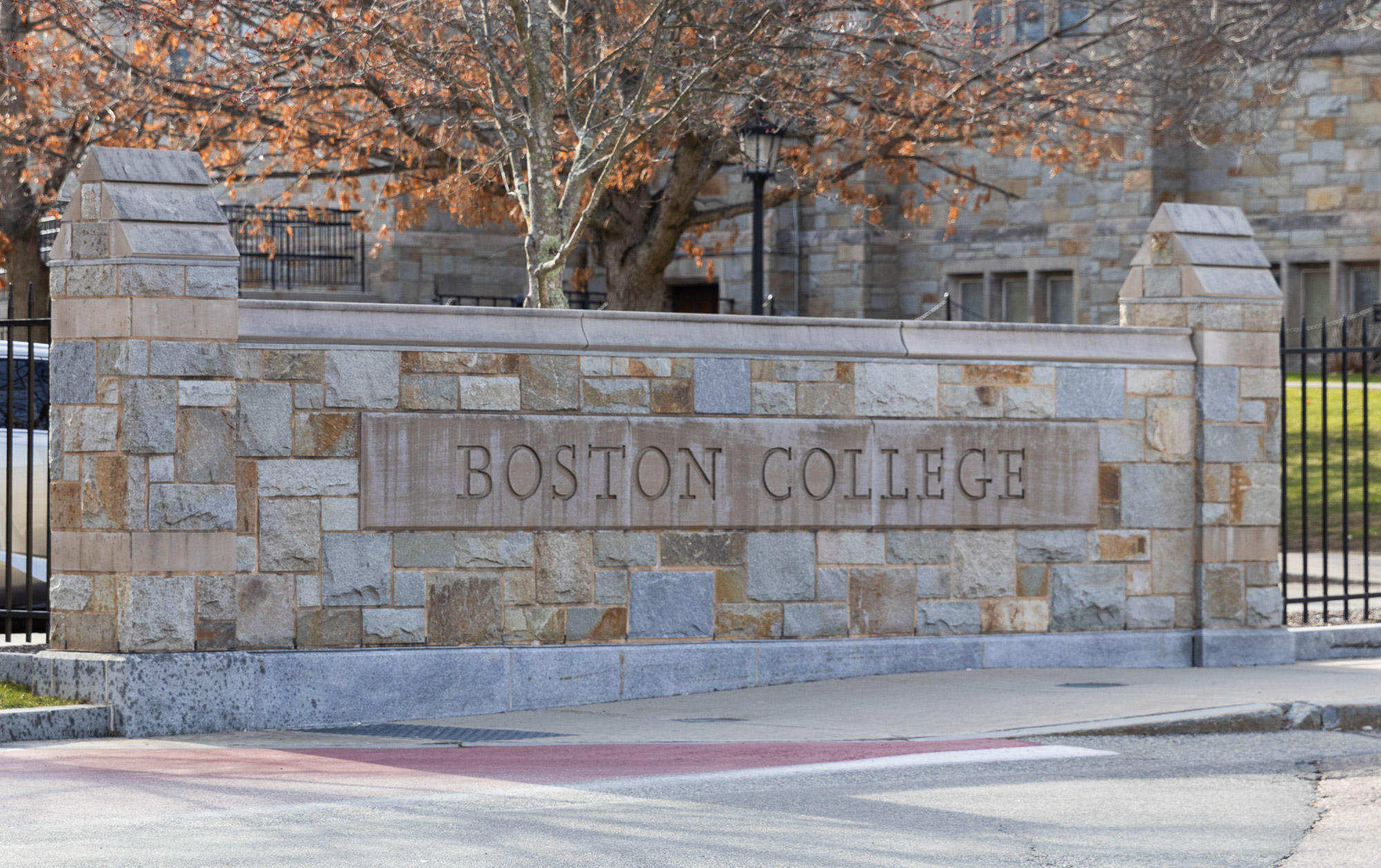Richard Henning was named the new archbishop of the Archdiocese of Boston on Oct. 31, succeeding Cardinal Sean O’Malley after more than 20 years in the role.

Two priorities Henning voiced include emphasizing Catholic education and college campus engagement. These proposals were well-received by students at both secular and religious universities, who said their implementation would be positive, but should be nuanced.
At Boston College, a Jesuit university committed to maintaining and strengthening its Catholic mission, students saw the archbishop’s message as an opportunity to expand on their learning.
Paul Kolomeyer, a sophomore at BC, said he is “mostly non-religious” but supports more religious education at universities across Boston.
“I think it’s a good thing to allow students to learn more about different faiths in general and to let students explore that part of themselves,” Kolomeyer said.
Lila Demilio, a BC sophomore, said it makes sense for BC to require courses in religious studies “because there’s a religious aspect to our education.” However, she said requiring these courses at non-religious institutions could prove challenging.
Maggie Koonce, a junior at BC, said she believes religious course offerings should extend beyond the university’s religious affiliation.
“In addition to Catholic electives, they should expand all branches of religious classes, just to make them more available,” Koonce said.
Koonce said it should be the student’s choice whether or not to take these courses.
Dionisios Diamantis, a junior at BC, said “the whole point of universities is to learn and explore,” so “there’s nothing wrong with” offering courses in religious education.
Diamantis, like Koonce, believes the only issue that could arise from such a situation would be if Catholic classes are made mandatory.
“For religious institutions like BC, having a mandatory [course] is fine, as long as it’s not imposing onto other subject fields and it’s not overwhelming for the students,” Diamantis said. “But for schools that are secular … increasing religious teachings [and] making it mandatory, I think is wrong.”
At Boston University, an institution that currently does not specify a religious affiliation but has a historical connection to the United Methodist Church, student opinions are similar.
Lucy Schofield, a BU senior, said the archbishop’s goals are “expected” given the national political climate and Boston’s Catholic history. She said these courses are not of interest to her, but would be good for students who want to develop “a broad view of all the different types of faiths out there.”
Yunchu Lu, an international student and sophomore at BU, said he doesn’t practice a religion, so courses in religious studies could be beneficial for other international and non-practicing students’ learning.
“I think religion is also like a kind of culture,” Lu said. “If we have the opportunity to learn another culture, I think it will be really great for us.”
Daniel Lung, a junior at BU, said courses in religious studies shouldn’t be the priority.
However, the archbishop’s prioritizing of college campus engagement is beneficial for all students, Lung said.
“Most people in college are always looking for some kind of connection with other people, and a lot of people aren’t able to because they don’t have access to information about where they can connect,” Lung said. “If there’s more funding for that, a lot of people will be happier.”
Kolomeyer said religious activities on campus have a positive impact on the community, such as a BC staple called “Java with the Jesuits.”
“They’re literally just Jesuits giving out coffee and talking with you and offering donuts,” Kolomeyer said. “Just positive interactions, positive affirmation of whoever you are and whatever you want to do.”

















































































































